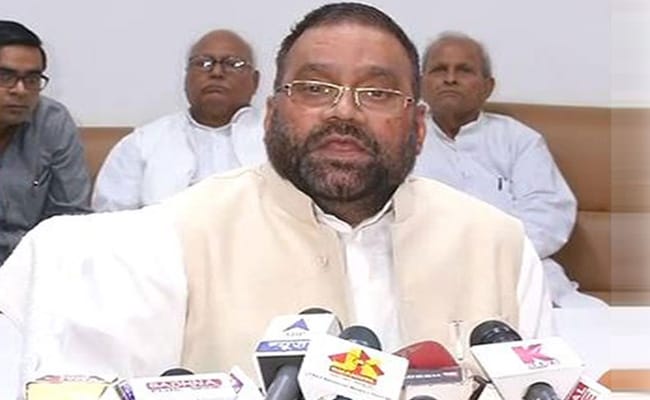In 1988, India came to the aid of the Maldives and successfully thwarted a coup attempt, laying the groundwork for a strong relationship between the two nations. The Maldives, despite its small size, holds significant political importance in the region due to its strategic maritime passages in the Indian Ocean.
The crisis began when the acting High Commissioner in Male, the capital of the Maldives, contacted Kuldeep Sahdev, a senior bureaucrat in charge of the Maldives desk, to inform him of a shooting incident. It was later confirmed that Male was under attack by Tamil mercenaries from the People’s Liberation of Tamil Eelam (PLOTE), who aimed to overthrow President Maumoon Abdul Gayoom’s government and establish a secure base for their organization.
President Gayoom managed to find refuge in a safe house, but the armed mercenaries wreaked havoc in the capital. The Maldivian government reached out to several nations, including the UK, Pakistan, and the US, but India was the only country capable of providing swift assistance.
Prime Minister Rajiv Gandhi swiftly decided to intervene and save the Maldives from the coup. The Indian Air Force’s strategic airlift aircraft were readied for departure, and the Army’s 50th (Independent) Parachute Brigade was put on standby. The Prime Minister’s Office in New Delhi was in action mode, with officials well-prepared for the mission.
The plan involved using ground forces for a rapid intervention, with the 50th (I) Parachute Brigade from Agra chosen for the task. The newly acquired Russian IL-76 aircraft from the 44 Squadron, under the command of Group Captain Anant Bewoor, was selected for transportation. Indian High Commissioner to the Maldives, Arun Banerjee, played a crucial role by providing maps of the country to assist in the planning.
The operation, codenamed “Operation Cactus,” was a race against time. The IL-76 aircraft landed safely at Hulhule, the Maldives’ international airport, and Indian troops secured the airport by 10:30 pm. They then reached Male via boats and successfully rounded up the mercenaries, ensuring President Gayoom’s safety. The Navy also played a vital role by intercepting a boat carrying the coup plotters and hijacking a cargo ship they had seized. The ship was sunk, and all the hostages were rescued.
The successful intervention by India in 1988 solidified the bond between the Maldives and India. However, recent political developments in the Maldives, including the declaration of an emergency and the jailing of Supreme Court judges by a pro-China government, have raised concerns. The current Maldivian government, which initially campaigned with an “India Out” agenda, now faces the challenge of balancing its relationship with China and maintaining ties with India. This shift could potentially give China an advantage in asserting its dominance in the Indian Ocean region.
In 1988, India played a crucial role in thwarting a coup attempt in the Maldives, a small island nation in the Indian Ocean. The coup was led by a group of Maldivian rebels who aimed to overthrow the government and establish a new regime.
At the time, the Maldivian President, Maumoon Abdul Gayoom, sought assistance from India as the rebels gained control over the capital city, Male. Responding swiftly, India launched a military operation codenamed “Operation Cactus” to restore order and protect the democratically elected government.
Indian paratroopers were deployed to Male within hours, facing minimal resistance from the rebels. Through swift and decisive action, the Indian forces successfully neutralized the coup attempt and brought the situation under control. President Gayoom was reinstated, and democracy was preserved in the Maldives.
This intervention showcased India’s commitment to regional stability and its willingness to assist neighboring countries in times of crisis. The operation also strengthened diplomatic ties between India and the Maldives, leading to closer cooperation in various fields in the years that followed.
India’s successful intervention in the Maldives in 1988 continues to be remembered as a significant event in the history of both countries, highlighting India’s role as a reliable and responsible regional power.
Disclaimer: Only the headline and content of this report may have been reworked by Newsearay, staff; the rest of the content is auto-generated from a syndicated feed. The Article was originally published on Source link



